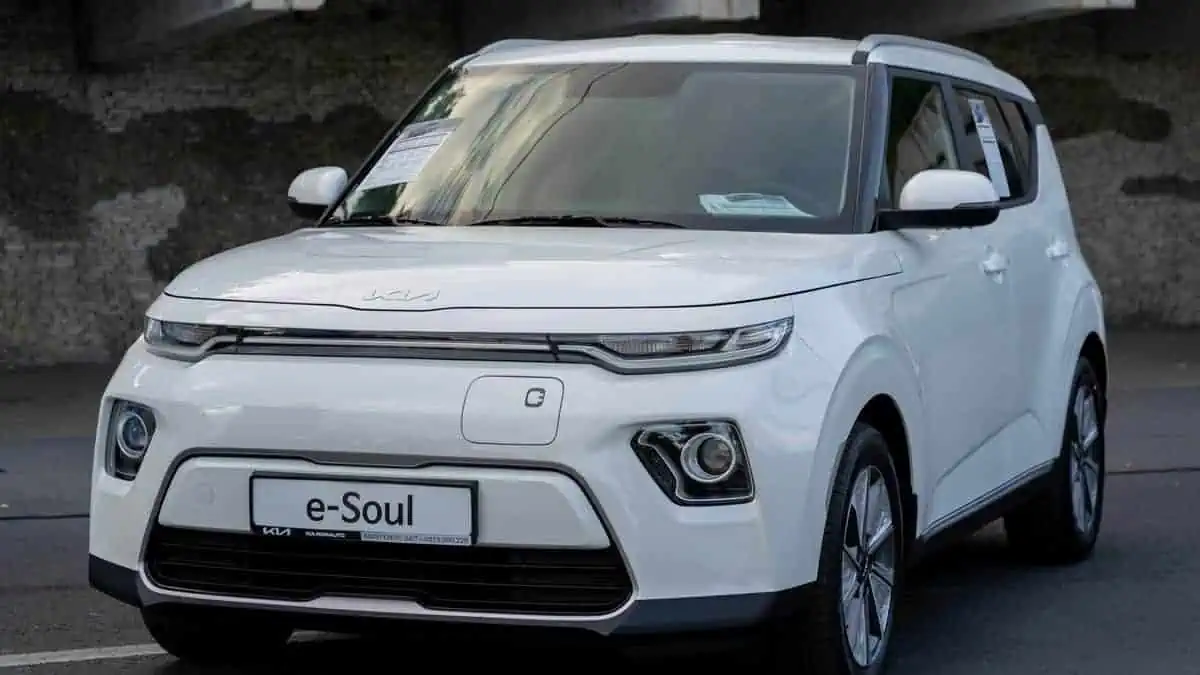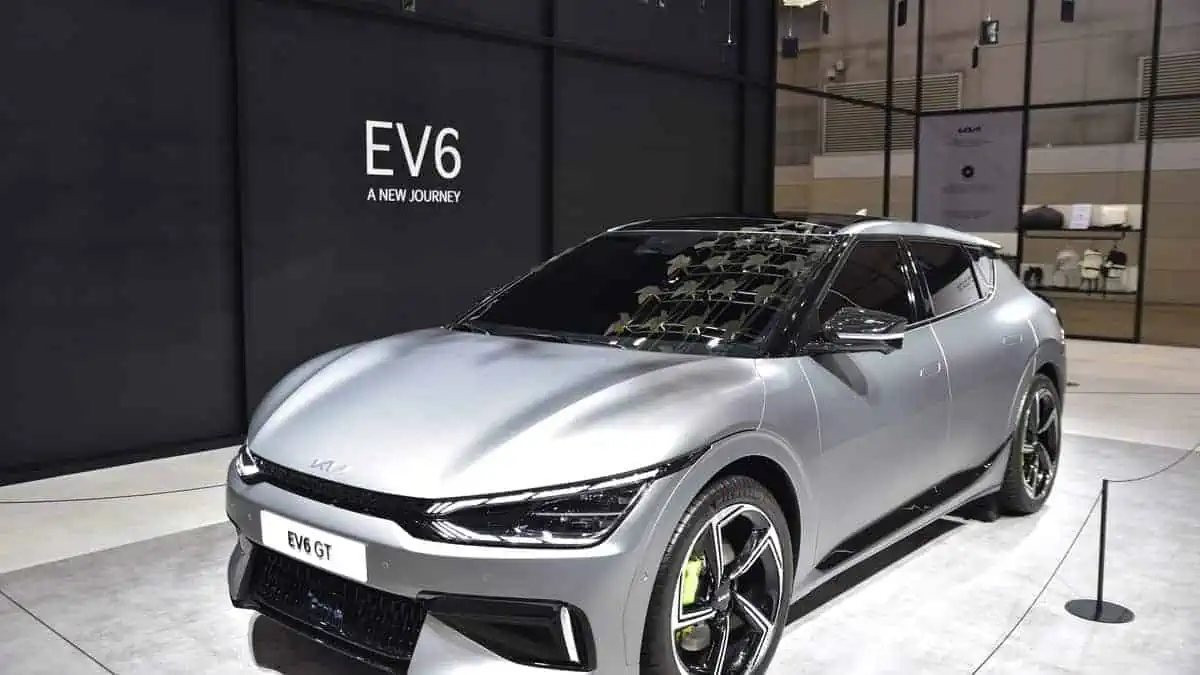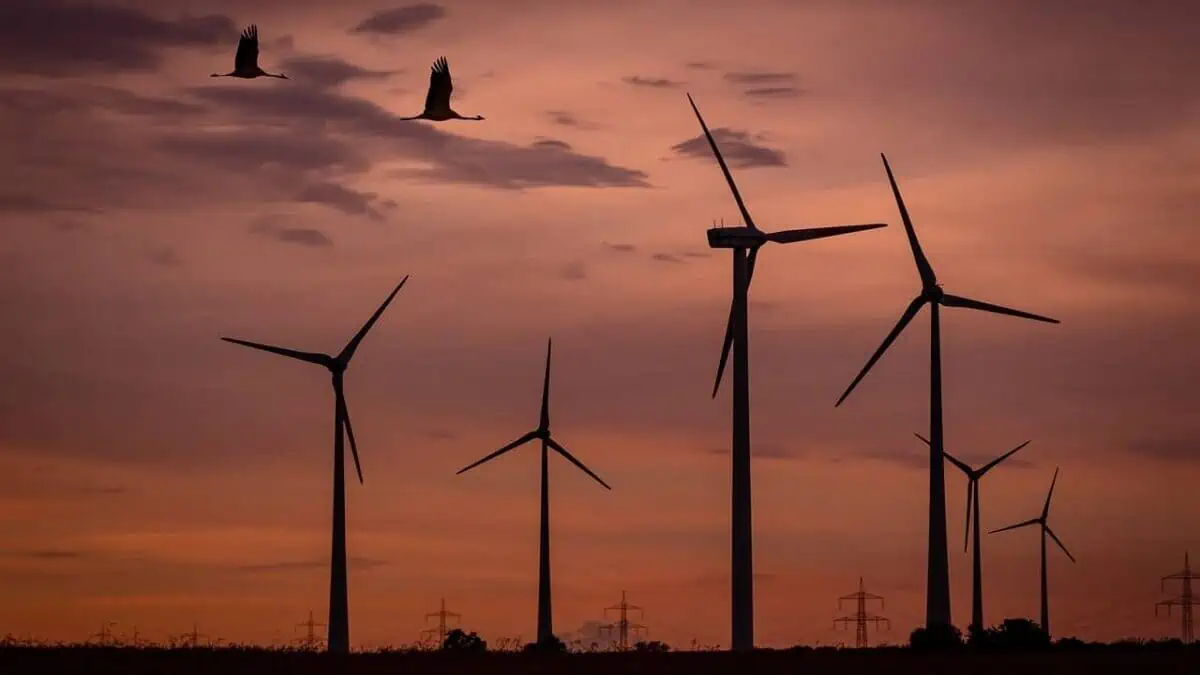Kia, a growing and dynamic part of the Hyundai-Kia Automotive Group, launched the EV6 compact crossover that went on sale this year, the redesigned Niro EV, and is now planning to build the EV9 three-row crossover and “probably” a midsize electrical pickup at the beginning of 2023.
However, the Inflation Reduction Act (IRA) of 2022, signed into law by President Biden on Aug. 16, 2022, could hold Kia’s and other Korean manufacturers’ plans. This legislation sets new rules on the Federal EV Tax credit qualifications. Primarily, there are caps on vehicles’ prices aside from the regulations regarding where the EVs are built and where their battery materials originated.

Hyundai’s and Kia’s electric vehicle plans are focused on the center of the market, projecting disadvantage as the new Federal Tax credit might influence the consumers negatively. However, it is worth noting that Hyundai announced this year that it is willing to spend $6.5 billion to build a big auto and battery plant near Savannah, Ga., that is expected to operate in the first six months of 2024. By 2028, it is projected to supply at least six electrical fashions.






